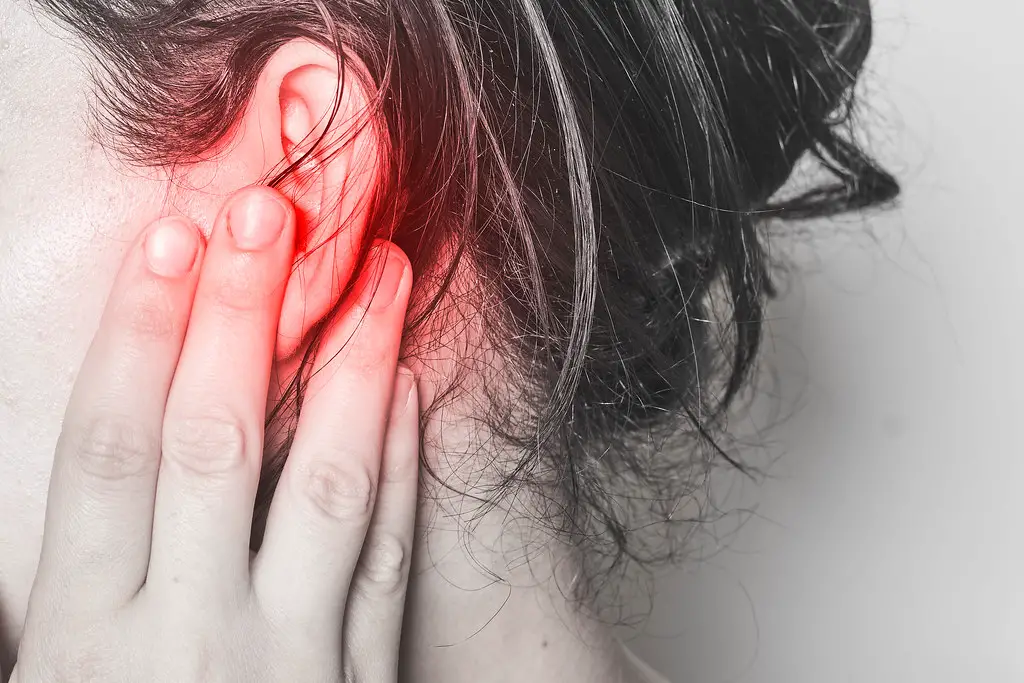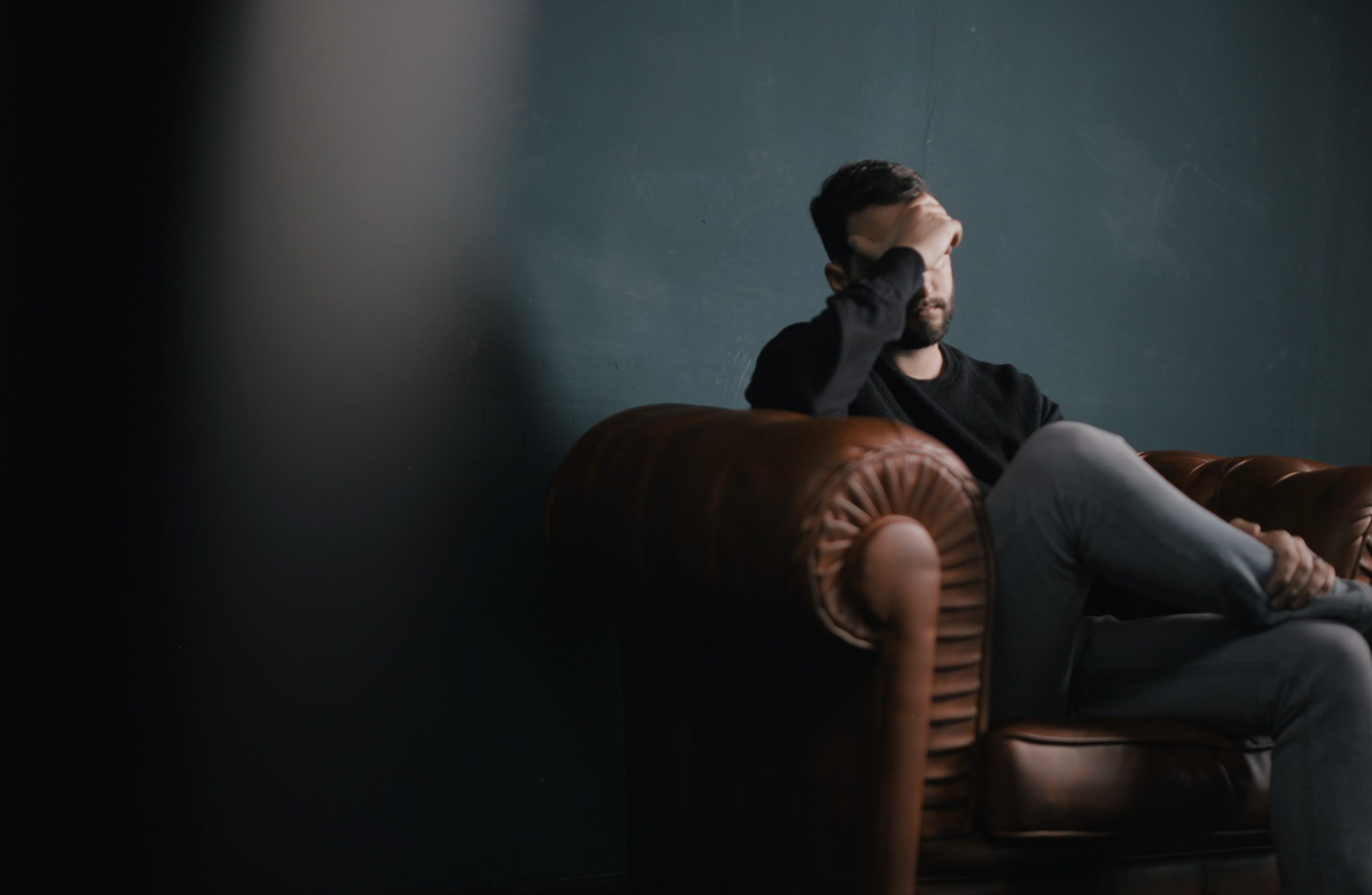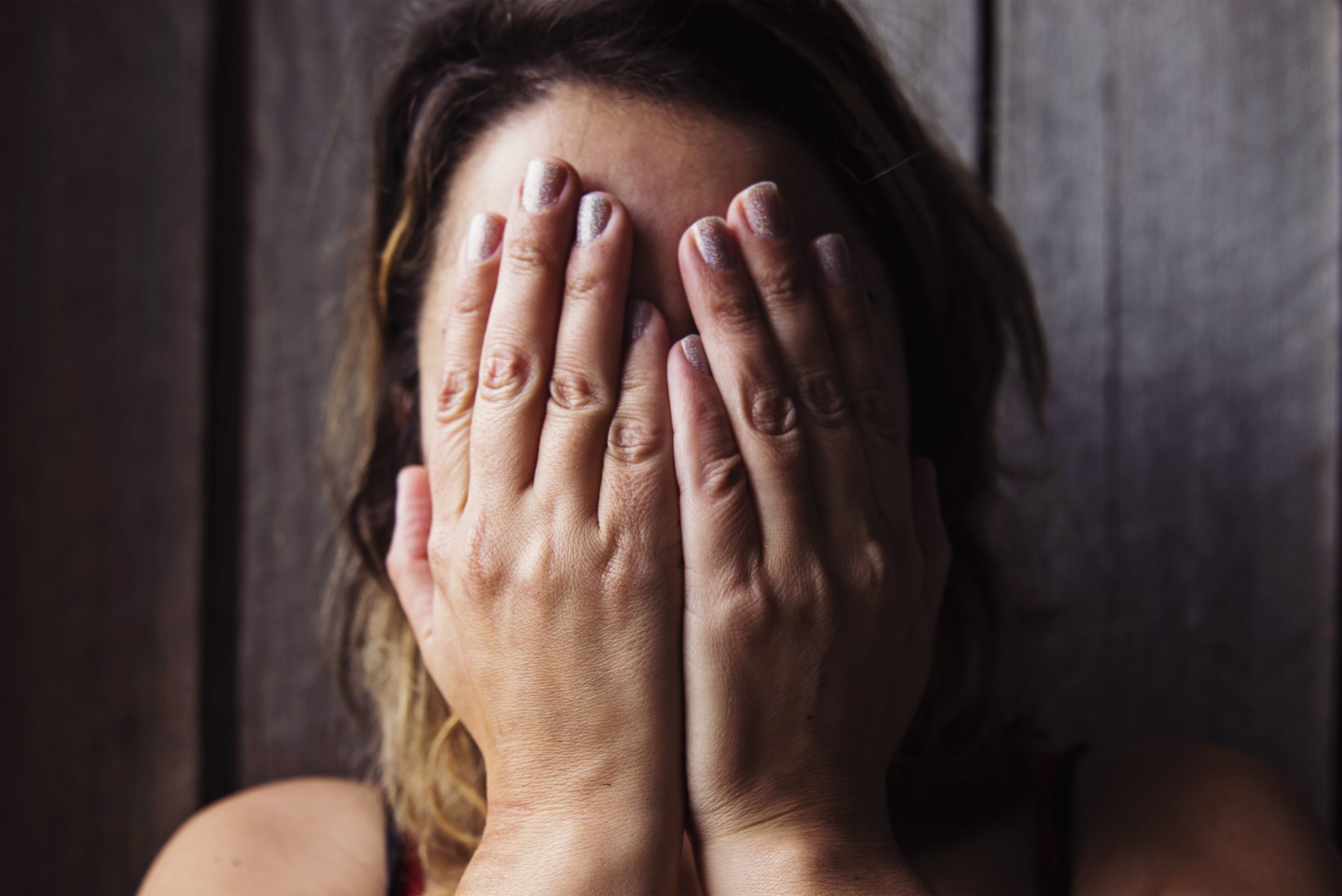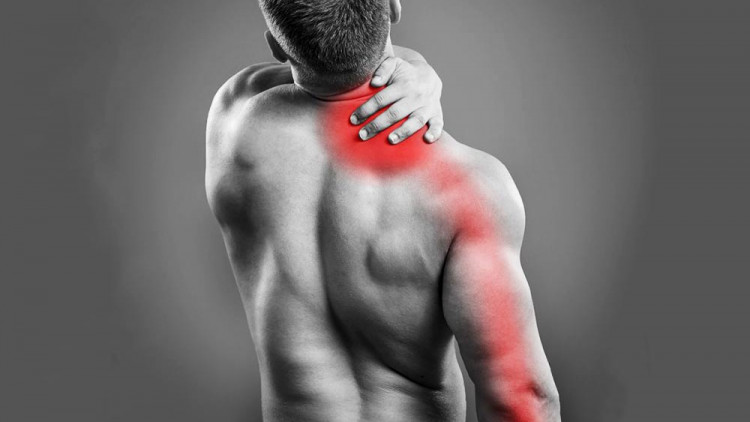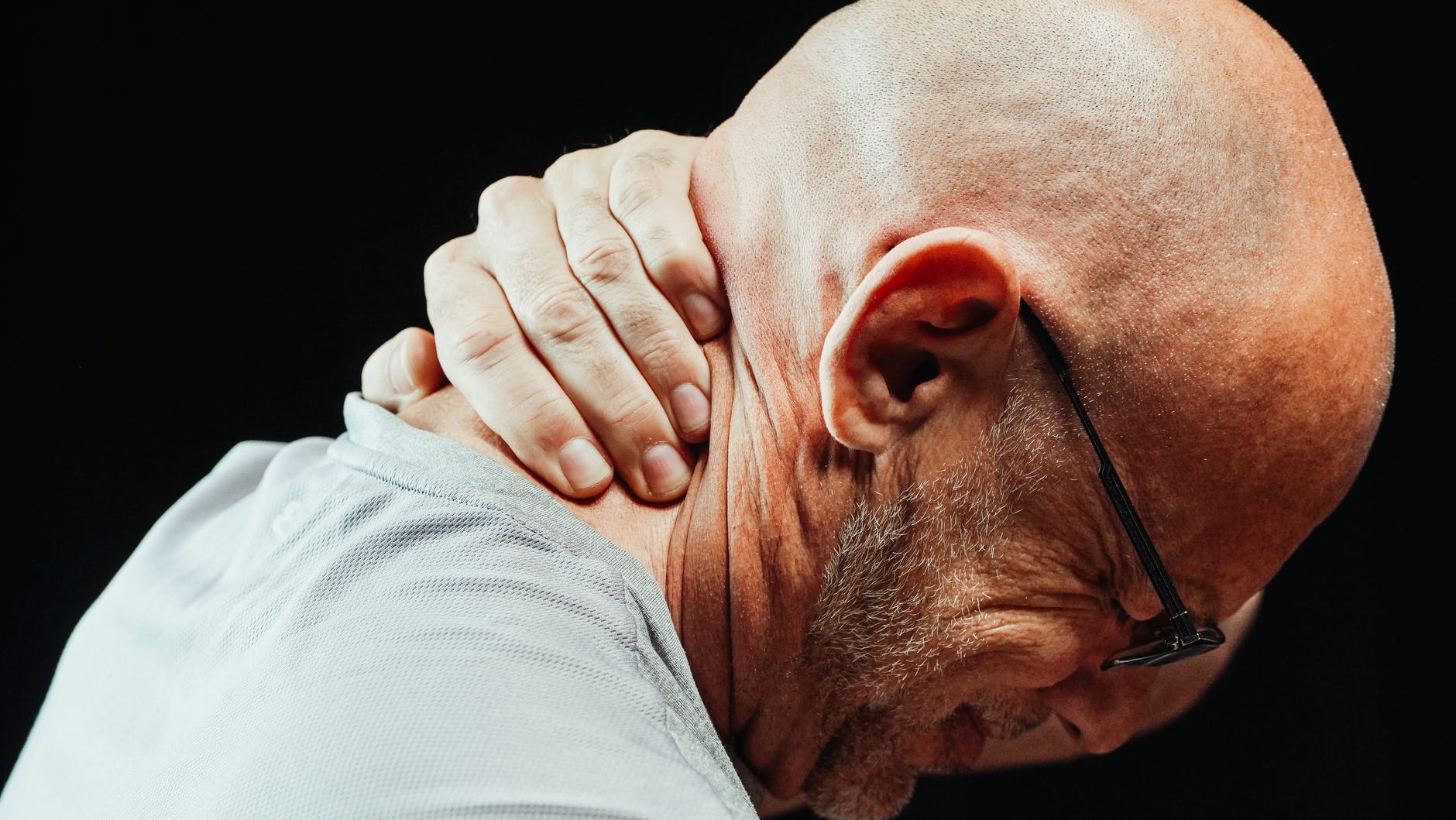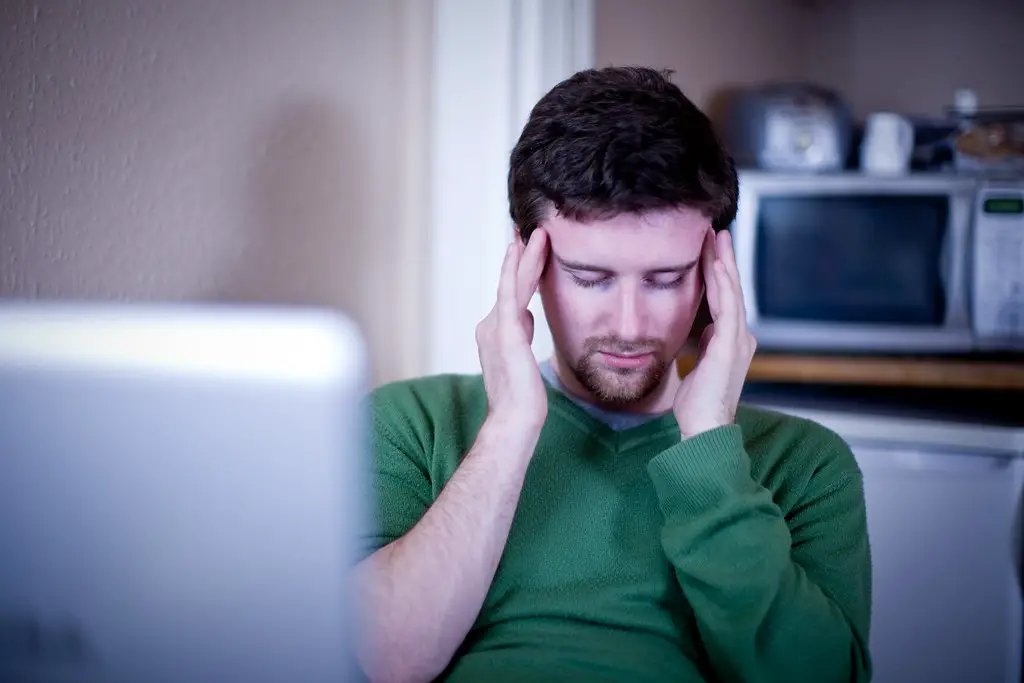Article reviewed and approved by Dr. Ibtissama Boukas, physician specializing in family medicine
Whether it's stress, anxiety or low moral support, all of these psychosocial factors are potential causes of neck pain. This pain often manifests as muscle tension extending to the shoulders, and is accompanied by headache.
In article explains the link between neck pain and stress, and offers concrete ways to reduce symptoms and improve quality of life.
Link between neck pain and stress
Imagine the following situation: You find yourself in front of a bear in the middle of the forest. In response to this traumatic situation, your body will react automatically. This stress reaction is called “fight or flight”. Among the physiological responses observed in response to this type of event are:
- an accelerated heartbeat
- rapid, shallow breathing
- cold skin
- perspiration
- general muscle tension
Essentially, these changes represent how the body prepares to deal with a perceived physical threat, and helps combat surrounding danger.
Although these reactions are designed to deal with physical threats, your body reacts the same way when the danger is not tangible. Indeed, stressful situations such as an altercation with one's spouse, or a deadline at work, can also cause physical manifestations such as muscle tension.
These tensions often appear around the neck, and particularly concern the trapezius, suboccipital, scalene muscles, etc. Over time, this can cause neck or shoulder pain. There may also be body aches, migraines or tension headaches. A vicious circle then sets in where pain increases irritability, fatigue, and ultimately stress (sometimes leading to depression).
What to do ? (14 tips)
There are several strategies you can use to reduce stress-related neck pain. Among the most effective, you can try the following methods:
- Apply a hot compress or hot water bottle to the tense area.
- Practice stretches to relax the cervical musculature
- Spend a few minutes doing a self-massage
- Using Essential Oils as an Alternative Therapy to Relax Tight Muscles
- Consult a professional (physiotherapist, osteopath, masseur, etc.) to relieve you
- Consult a psychologist if stressful situations persist and affect your mental and physical health
- Adjust your workstation so that you are comfortable at all times.
- Avoid prolonged static postures in front of the computer or mobile phone.
- Favor a orthopedic pillow to sleep better at night
- Hold a good sleep hygiene
- Opt for a healthy diet and avoid caffeine in the evening
- Do a relaxing activity like yoga
- Practice breathing exercises that promote relaxation (diaphragmatic breathing)
- Practice certain forms of meditation (such as mindfulness)
Conclusion
Cervical pain is a symptom frequently linked to stress and anxiety. It is a physiological reaction that the body sets in motion to respond to a perceived threat. Although usually not the primary cause of neck pain, stress often aggravates the condition and delays optimal healing.
Fortunately, there are several treatment modalities aimed at relieving neck pain, reducing muscle tension, and calming your mind along the way. They can be applied at home, or with the help of a healthcare professional.
However, if symptoms persist and seem to be getting worse, it is important to clarify the diagnosis by consulting a professional. It is also crucial to consult the doctor if you experience any unusual signs and symptoms as described in this article.



